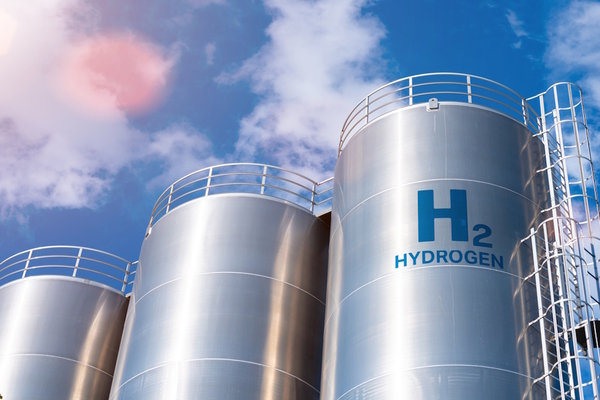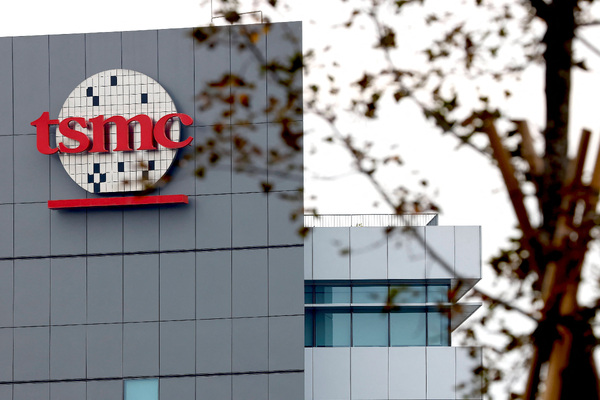Balancing sustainability with efficiency in IT

Rachel Banks at Apogee Corporation argues that sustainable IT means environmental responsibility without losing performance
The growing mountains of discarded office devices are just one symptom of the challenges businesses face when they seek to boost sustainability in their IT. And despite good intentions, it can be tough to balance the desire for cutting-edge performance with a wish to enter the circular economy and reduce negative environmental impacts.
Despite the UK’s WEEE (Waste electrical and electronic equipment) recycling regulations, much electronic waste (e-waste) finds its way into landfill. The UK government itself updated last year that is focused on e-waste reduction through “reuse, repair and remanufacture”.
For businesses, e-waste jeopardises their sustainability credentials. They may be adding higher emissions than necessary to their own carbon footprints, given the level of energy and materials involved in manufacturing new devices.
It also makes poor business sense in many instances. Though the last government pointed to the difficulties of repair and refurbishment, this is not the case anymore for business IT – especially laptops and printers. There are many providers now offering refurbished devices that suit business needs sustainably, replacing the hard drive and/or processors, for example.
In other words, sustainable devices often come at a reduced cost and without loss of performance.
Internal barriers are dissolving
There is often internal resistance to refurbished IT. Status around using the newest model can come into the equation, and IT teams are often worried about more diverse IT adding to the complications of their work. Yet companies providing refurbished IT are far more innovative now and understand business requirements.
A business considering refurbished IT simply needs to decide on the level of performance required. It should examine whether the end-user requires more than essential office software packages, or whether there is a genuine requirement for higher performing technology with more RAM and/or a faster processor.
Attitudes have changed
Employee attitudes have changed and many are far less averse to a refurbished device. Research by Apogee found 73% of staff found the use of sustainable solutions in their workplace important and 92% believe refurbished equipment is environmentally beneficial. Fewer than 1% of employees said they would only accept new devices, putting to rest any fears employers may have had regarding providing only new equipment.
We also know younger employees want to see their employer taking action to reduce climate change and are less likely to take up jobs with organisations that demonstrate a low level of commitment.
There is another side to sustainable IT which concerns boosting ESG credentials with potential partners and customers. With sustainability frequently a feature of contracts, a company conforming to ISO14001 (a tool for managing and improving environmental performance) for example, is more likely to be successful in winning business.
This is even truer in the public sector, where up to 10% of marks in a UK government sector tender can be assigned to sustainability of solutions.
Certifications matter
To guide them, organisations contemplating more sustainable IT can look at certifications such as Blue Angel, which sets stringent standards for environmentally-friendly products and services, covering more than 30,000 products and services from more than 1,600 companies. The entire life cycle of the product is taken into account and any impacts on the environment and health are fully considered. This certification guarantees that a product places less burden on the environment and fulfils high standards.
More sophisticated companies have verified standards and certifications that businesses can examine and rely on. With supply chain constraints still pervasive, refurbished technology with certifications like Blue Angel can meet the needs of businesses more quickly than waiting for new products manufactured in the Far East.
Innovation and sustainable IT
As the refurbished IT market has grown, its providers have become more innovative, offering eco-friendly approaches such as buy-back schemes that enable businesses to replace one-off purchases with small operational costs.
An advantage of this managed IT approach is the avoidance of third-party repair companies because technical support is included - plus the provider will take care of time-consuming data sanitisation. End-of-life devices will be disposed of responsibly.
The conventional office IT supplier business is becoming more integrated, providing services that are better suited to today’s connected workplaces where sustainability is high on the agenda. For businesses looking to boost sustainability while streamlining their supply chains, this is a significant shift.
Sustainable IT has arrived and there are expert providers who can help businesses gain its full range of benefits without sacrificing performance.
Rachel Banks is Head of Product Management at Apogee Corporation
Main image courtesy of iStockPhoto.com and Peach_iStock

Business Reporter Team
Most Viewed
Winston House, 3rd Floor, Units 306-309, 2-4 Dollis Park, London, N3 1HF
23-29 Hendon Lane, London, N3 1RT
020 8349 4363
© 2024, Lyonsdown Limited. Business Reporter® is a registered trademark of Lyonsdown Ltd. VAT registration number: 830519543





